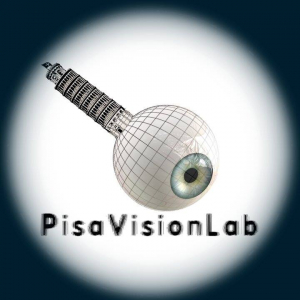2011
Gori, M., Mazzilli, G., Sandini, G. & Burr, D. (2011).
Cross-Sensory Facilitation Reveals Neural Interactions between Visual and Tactile Motion in Humans,Front Psychol, (2), 55.
Many recent studies show that the human brain integrates information across the different senses and that stimuli of one sensory modality can enhance the perception of other modalities. Here we study the processes that mediate cross-modal facilitation and summation between visual and tactile motion. We find that while summation produced a generic, non-specific improvement of thresholds, probably reflecting higher-order interaction of decision signals, facilitation reveals a strong, direction-specific interaction, which we believe reflects sensory interactions. We measured visual and tactile velocity discrimination thresholds over a wide range of base velocities and conditions. Thresholds for both visual and tactile stimuli showed the characteristic "dipper function," with the minimum thresholds occurring at a given "pedestal speed." When visual and tactile coherent stimuli were combined (summation condition) the thresholds for these multisensory stimuli also showed a "dipper function" with the minimum thresholds occurring in a similar range to that for unisensory signals. However, the improvement of multisensory thresholds was weak and not directionally specific, well predicted by the maximum-likelihood estimation model (agreeing with previous research). A different technique (facilitation) did, however, reveal direction-specific enhancement. Adding a non-informative "pedestal" motion stimulus in one sensory modality (vision or touch) selectively lowered thresholds in the other, by the same amount as pedestals in the same modality. Facilitation did not occur for neutral stimuli like sounds (that would also have reduced temporal uncertainty), nor for motion in opposite direction, even in blocked trials where the subjects knew that the motion was in the opposite direction showing that the facilitation was not under subject control. Cross-sensory facilitation is strong evidence for functionally relevant cross-sensory integration at early levels of sensory processing.
